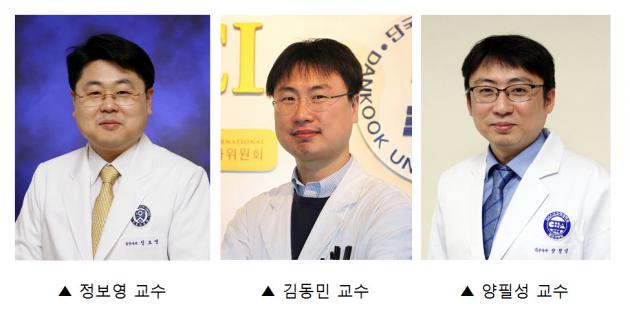Researchers at Severance Hospital have found that elderly patients aged 60 and above with atrial fibrillation have a 1.5 times higher risk of suffering from dementia.

The team, led by Professor Joung Bo-young at the hospital and Professor Kim Dong-min at Konkuk University Medical Center, investigated the risk of dementia on 31,047 patients – 10,435 atrial fibrillation patients and 20,612 non-atrial fibrillation patients – from the National Health Insurance System data. Professor Yang Pil-sung from CHA Bundang Medical Center also participated in the study.
There was no difference in cognitive function test between the two groups at the time of enrollment.
After seven years of follow-up, 2,536 patients (24.3 percent) with atrial fibrillation developed dementia, while 3,174 patients without atrial fibrillation developed dementia. The risk of dementia was 1.5 times higher in patients suffering from atrial fibrillation. Also, the risk was significantly higher even when excluding the patients who suffered from cerebral infarction during the follow-up.
"Apart from cerebral infarction, atrial fibrillation has been shown to increase the risk of dementia," the team said.
By type of dementia, the risk of vascular dementia doubled, and the risk of Alzheimer's disease was 1.3 times higher. There was no significant difference except for patients with cerebral infarction.
The team further analyzed that anticoagulant therapy could lower the risk of dementia in patients with atrial fibrillation.
Comparing the 3,092 patients (29.6 percent) who underwent anticoagulation therapy and those who did not receive the treatment, the team found that the risk of all dementia was 40 percent lower in patients taking anticoagulants. Anticoagulation therapy lowered the risk of Alzheimer's disease by 50 percent and vascular dementia, by about 20 percent.
"As atrial fibrillation is a risk factor for the development of dementia, proper management is important through early diagnosis as well as efforts to prevent atrial fibrillation such as proper hypertension management," Professor Joung said. "For patients with atrial fibrillation, taking anticoagulant therapy can help prevent dementia as well as cerebral infarction."
Researchers hope that the result of the research will contribute to the establishment of a preventive and therapeutic plan for frequent atrial fibrillation and dementia in elderly patients, he added.

